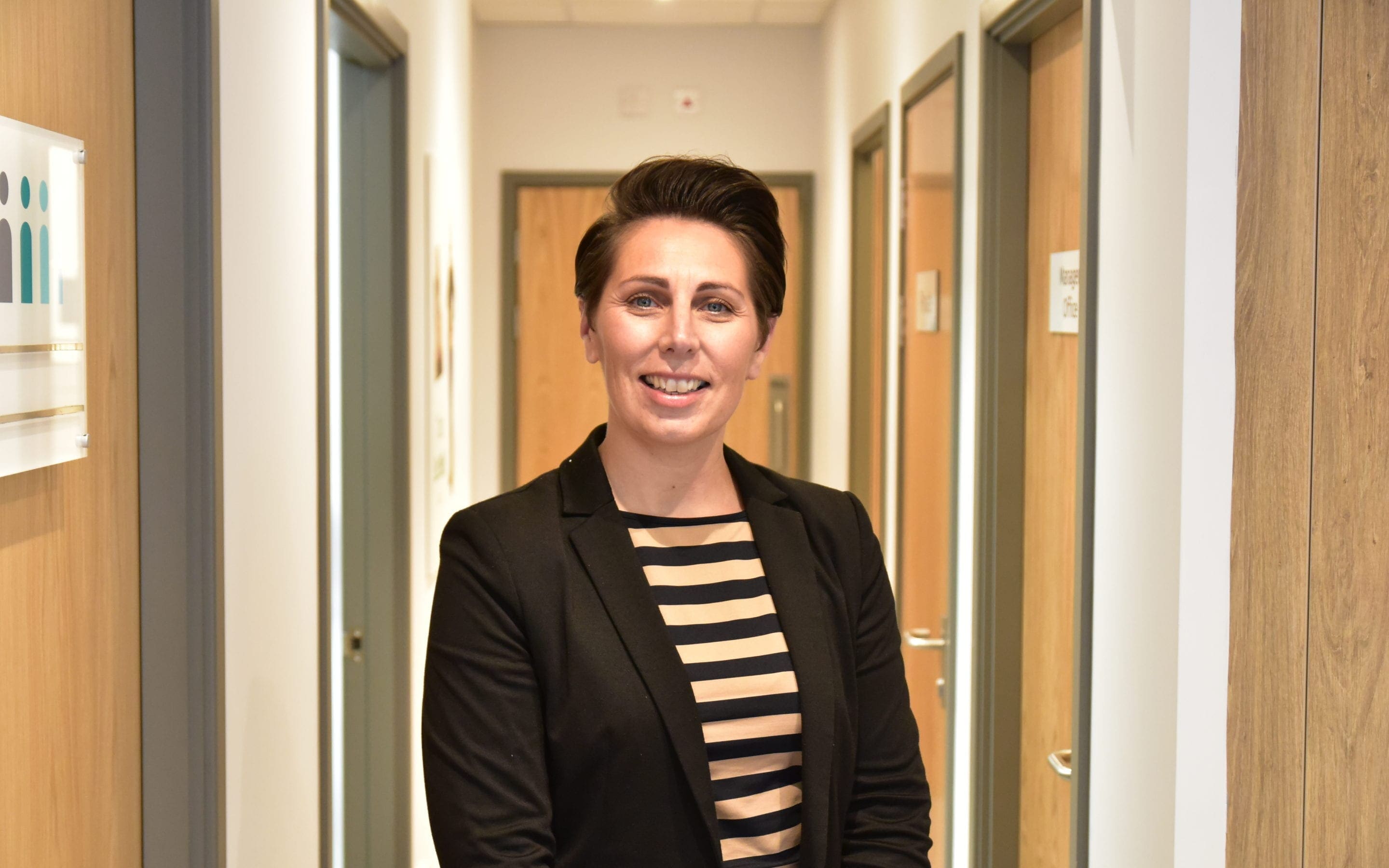Over the last week, we’ve had a number of questions surrounding Ramadan and how patients can fast whilst sticking to their weight loss journey and when they do eat, what sort of foods they should be looking to, to ensure a healthy, balanced diet that ensures nourishment and hydration.
We asked Lesley, our Dietitian, who has cast experience in helping patients who are observing Ramadan, to give us her top tips on how they can ensure they are getting all they need in terms of diet, over the holy month.
Iftar
Having a balanced iftar is important as it’s the meal that replenish energy stores and help sustain your fast the following day. If you only have a short window of time to eat try to make it as nourishing as possible, so every mouthful needs to count to maximise this.
Hydrate before eating
Drink plenty of fluids such as water, freshly squeezed juice, or milk. This will prevent dehydration and provide your body with the essential fluids it needs whilst fasting during the day.
Water remains your best source of hydration. During your window when you can eat and drink, try to take in a glass of water per hour plus add more fluid to your meals i.e. make meals such as curries more water-based.
Something to be a little cautious of is special Ramadan drinks because they contain a lot sugar and calories.
Break your fast with dates and fruit
Traditionally, dates are eaten at the start of your iftar meal. They are great as they are high in fibre, potassium and are a slow release sugar, meaning you’ll have more energy for longer.
Just be careful of the volume of dates as the average medjool date is 60kcals and you can get lovely ones that are stuffed with beautiful nuts, orange peel, cream cheese and some are deep fried, which you should moderate your consumption of.
Chopped fruit is another great way to start your Iftar as it is full of fibre, vitamins, minerals and antioxidants. Make sure to include juicy fruits like melon, watermelon etc that, again, offer more fluids to keep you hydrated.
Again, just be careful of adding cream, ice-cream try natural yoghurt instead or fruit juice.
Have a bowl of soup
Soups are an indispensable dish in iftar. They’re rich in water and are a really great help to enabling you to hydrate.
When picking, or making, your soups, opt for soups such as lentil, chickpea or bean soups with tomato and stock bases. These types of soup are higher in fibre and protein and will make you feel fuller for longer. Be wary of any soups with added cream or dairy, as this adds unnecessary calories.
Eat your greens
The more colourful vegetables in your dishes or added salad, the more health benefits it holds. It also provides a feeling of fullness, ensuring you eat less on your main dish.
Aim for at least two servings of vegetables per meal. One serving equals about handful of raw or cooked vegetables or leafy raw vegetables.
Choose good carbs
Your iftar meal should contain a source of carbohydrates, preferably complex, as these keep you much fuller for longer.
Complex carbohydrates include brown rice, whole grain pasta or bread, potatoes or buckwheat. Complex carbs provide a more stable and sustainable source of energy in addition to fibre and minerals.
Incorporate lean protein
At iftar, you should aim to eat high quality protein sources that are highly digestible and contain all the essential amino acids. Your body uses these to build and maintain muscle mass.
Beef, milk, yogurt, eggs, lentils, pulses, cheese, fish and poultry are all complete high-quality proteins.
By choosing lean proteins, you also get the benefits of protein with very little saturated fat. Examples of lean proteins include fish, skinless chicken or turkey and low-fat dairy and if you’re vegetarian, you can select other protein sources such as legumes, beans and nuts.
Avoid foods high in fat, salt and sugar
Whilst it might be tempting, whenever possible, stay away from heavy meals for iftar that have too much unhealthy fat, salt and added sugar.
When cooking, make your favourite Ramadan recipes healthier by stewing, baking, roasting, steaming or grilling and avoid frying.
Add herbs and spices instead of salt to flavour your meals.
Finally, replace sweets and sweetened drinks with naturally occurring sugar in fruits, dried fruits and fruit salads.
Suhoor
When it comes to Suhoor, the pre -dawn meal you eat, look to eat wholegrain high fibre carbohydrates which will give you slow release of energy and prevent issue like constipation.
Look to consume things like oats, wholegrain cereals, wholemeal toast, wholemeal chapatis etc with the addition of some protein in the form of milk, yoghurt, egg, fish or chicken.
What’s important to remember about Suhoor is that this meal is really important and should not be skipped, as this will top up your energy for the coming day and keep your hunger at bay.
Remember to make sure you have some fluid or fruits that contain fluid to increase your hydration.
Take it easy
Don’t be in a hurry to finish your food at meals. After being deprived of eating for an entire day, or overnight, overloading on food may lead to indigestion and other gastric problems.
Controlling the size of your portion is key to staying healthy and preventing weight gain during Ramadan. As a rule of thumb, try not to exceed amounts you would have for a typical lunch or dinner meal, when not fasting.


